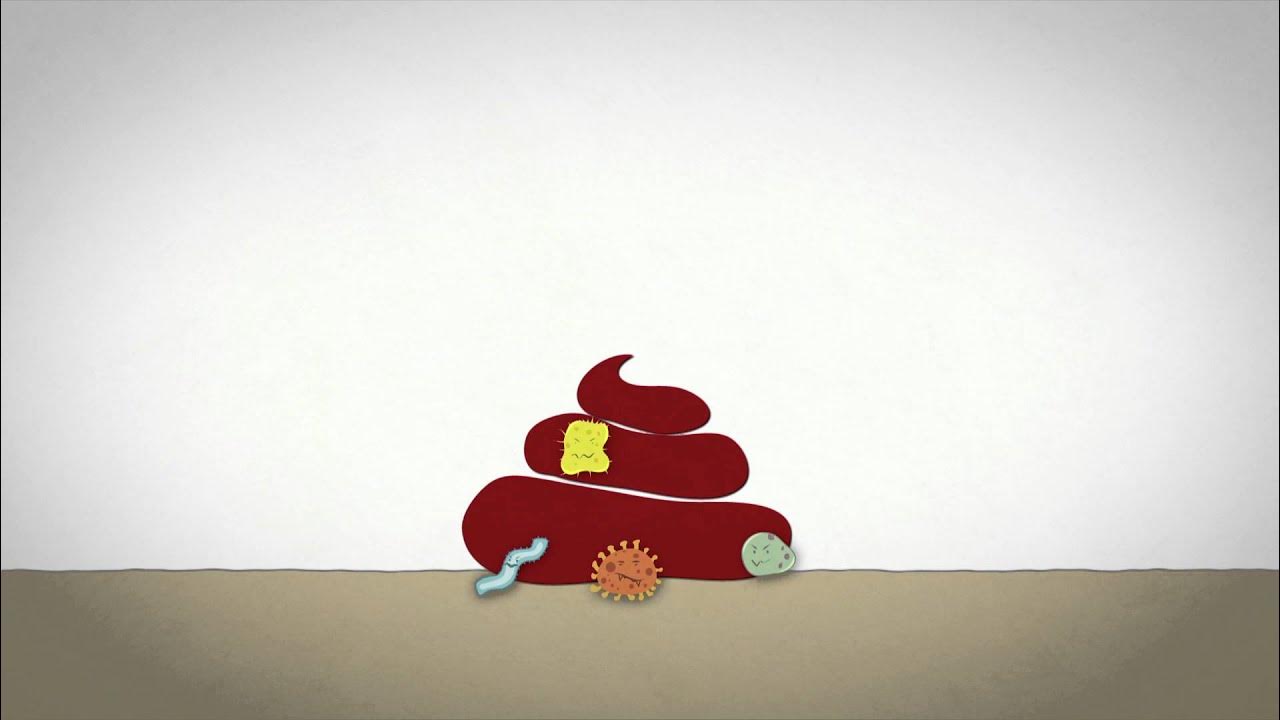Why do we need to change our food system?
Summary
TLDRThe global food system faces significant challenges: malnutrition affects 1 in 3 people, with 794 million hungry and 2 billion lacking essential nutrients. Meanwhile, 1.9 billion overeat, with 600 million obese. Our diet, rich in fat, sugar, salt, and meat, contributes to health issues and environmental stress, including heart disease and high greenhouse gas emissions. Food diversity is also dwindling, with 75% of our food coming from just 12 plants and 5 animal species. Additionally, one-third of all food is wasted. Natural resources are strained, with water scarcity, soil degradation, and biodiversity loss. Urgent transformation of the food system is needed to ensure healthier diets and reduce environmental impact, involving all stakeholders in collaborative solutions.
Takeaways
- 🌐 **Global Challenge**: The current food system must support 7.2 billion people and will need to accommodate 2 billion more by 2050.
- 🥣 **Malnutrition**: One out of every three people suffers from malnutrition, with 794 million experiencing hunger and 2 billion lacking essential nutrients.
- 🍔 **Overconsumption**: 1.9 billion people overeat, leading to 600 million being obese, which contributes to health issues like type 2 diabetes.
- 🥩 **Unhealthy Diet**: Diets are too rich in fat, sugar, salt, and meat, impacting health and causing higher greenhouse gas emissions.
- 🌱 **Lack of Diversity**: 75% of our food comes from only 12 plants and 5 animal species, leading to a lack of dietary diversity.
- 🗑️ **Food Waste**: One-third of all produced food is wasted, which is a significant loss of resources.
- 💧 **Water Scarcity**: Fresh water sources are dwindling, and existing water resources are becoming polluted.
- 🏕️ **Soil Degradation**: 33% of soils are degraded, affecting agricultural productivity.
- 🌳 **Biodiversity Threat**: Climate change and human activities are threatening biodiversity, including the disappearance of tropical forests.
- 🌿 **Transformation Needed**: The food system must be transformed at every step, from production to consumption, to ensure healthier food and reduce environmental impact.
- 🤝 **Collaboration**: Stakeholders including health authorities, producers, consumers, and businesses must collaborate to redefine how we produce and consume food.
Q & A
Why is it necessary to change our current food system?
-Our current food system faces challenges such as malnutrition, overeating, and environmental impact. It needs to be transformed to ensure healthier food for a growing population and to reduce its environmental footprint.
What is the projected increase in the global population by 2050, and how might this affect our food system?
-By 2050, the global population is expected to increase by at least two billion people. This growth will put additional pressure on the food system, potentially exacerbating issues of malnutrition and food scarcity.
What is the first limitation of our food system mentioned in the transcript?
-The first limitation mentioned is malnutrition, with one out of every three people suffering from it, 794 million people experiencing hunger, and two billion lacking sufficient vitamins and minerals.
How does overeating and obesity relate to our food system's limitations?
-Overeating and obesity are consequences of a food system that is too rich in fat, sugar, salt, and meat, leading to health issues like type 2 diabetes.
What is the impact of our current diet on health and the environment?
-The current diet can lead to increased heart disease and higher greenhouse gas emissions, particularly from meat production.
Why is the diversity of our food a concern?
-Our food is less diverse, with 75% of our food coming from only 12 plants and five animal species, which can lead to a lack of essential nutrients and a reduced ability to adapt to changing environmental conditions.
What is the issue with food waste in our current food system?
-One-third of all food produced is wasted, which is a significant loss of resources and contributes to environmental problems.
How are natural resources affected by our food system?
-Natural resources are under pressure due to the food system, with fresh water sources dwindling, water pollution, soil degradation, and biodiversity loss.
What role does climate change play in the limitations of our food system?
-Climate change intensifies the problems of the food system by affecting agriculture, water availability, and the health of ecosystems that support food production.
What steps can be taken to transform the food system?
-Transformation requires adjustments at every step of the food system, from production to consumption, to ensure healthier food and reduce environmental impact.
How can stakeholders contribute to changing the food system?
-Stakeholders can participate in change by collaborating, breaking down silo thinking, and defining actions necessary to produce and consume food differently.
What individual actions can be taken to contribute to a healthier food system?
-Individuals can contribute by asking questions about the food they produce or consume, eating a balanced diet, and reducing food waste.
Outlines

This section is available to paid users only. Please upgrade to access this part.
Upgrade NowMindmap

This section is available to paid users only. Please upgrade to access this part.
Upgrade NowKeywords

This section is available to paid users only. Please upgrade to access this part.
Upgrade NowHighlights

This section is available to paid users only. Please upgrade to access this part.
Upgrade NowTranscripts

This section is available to paid users only. Please upgrade to access this part.
Upgrade NowBrowse More Related Video

World Hunger Statistics in 2 minutes

State of Food Security and Nutrition in the World 2024

Lack of water, sanitation and hygiene (WASH) and its effects on nutrition

State of the World / The Task Remaining

How Sudan's civil war has created a massive hunger crisis

A global hunger crisis: how did we get here?
5.0 / 5 (0 votes)